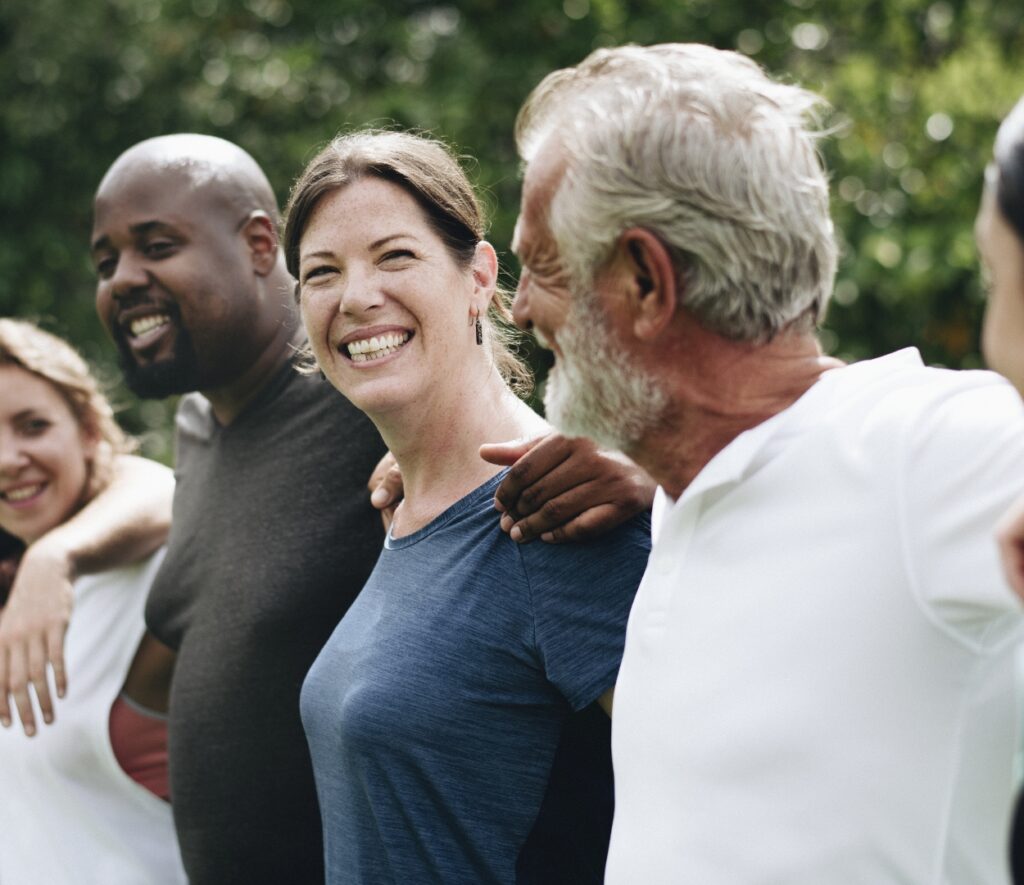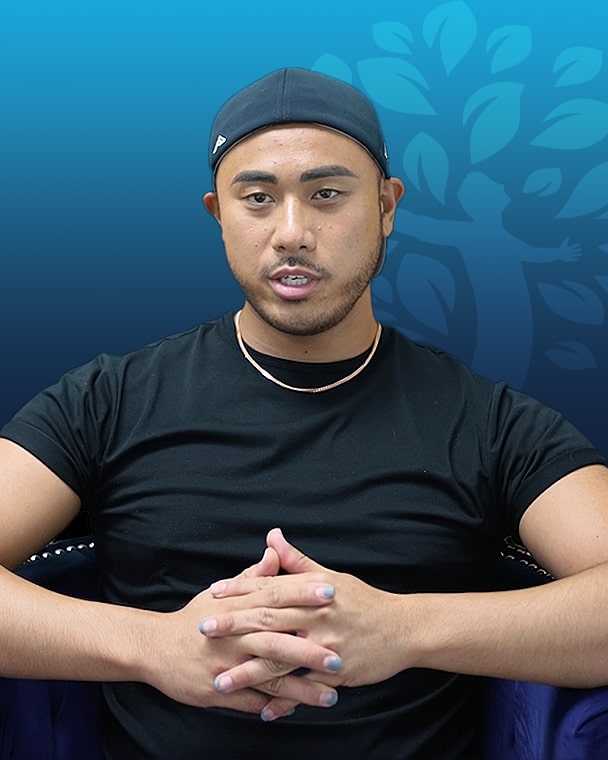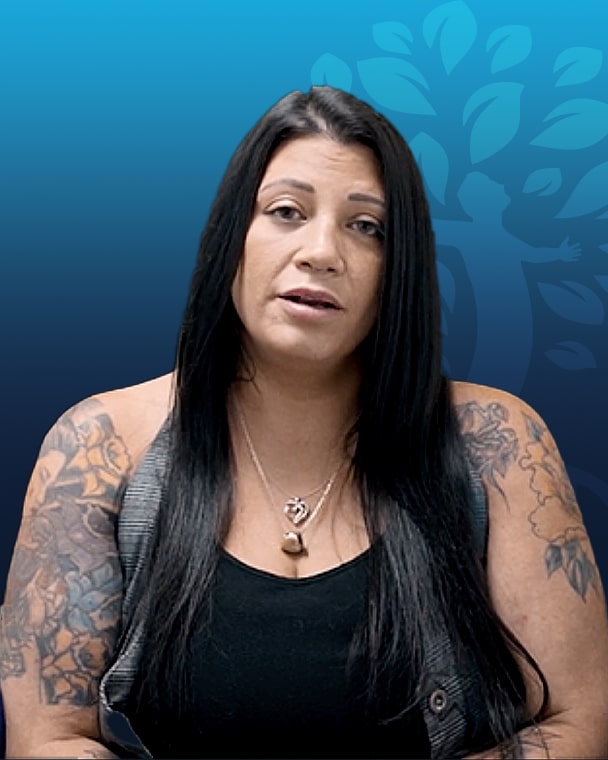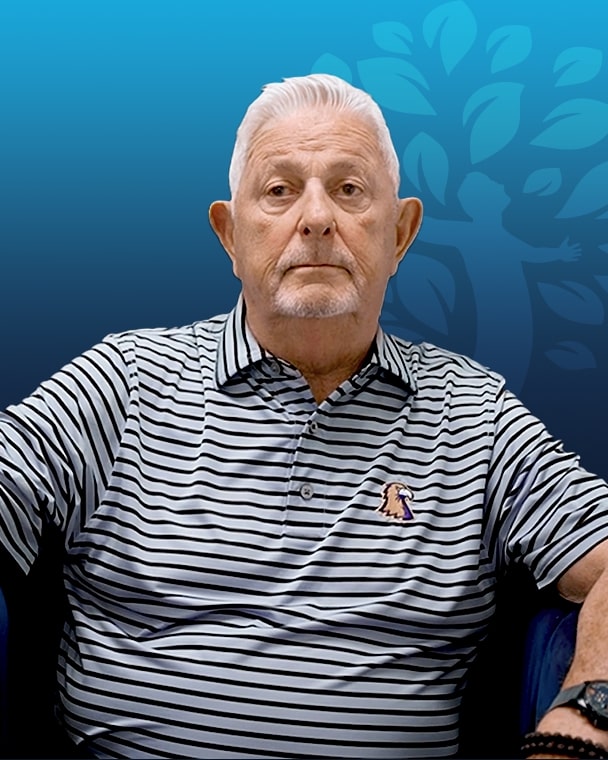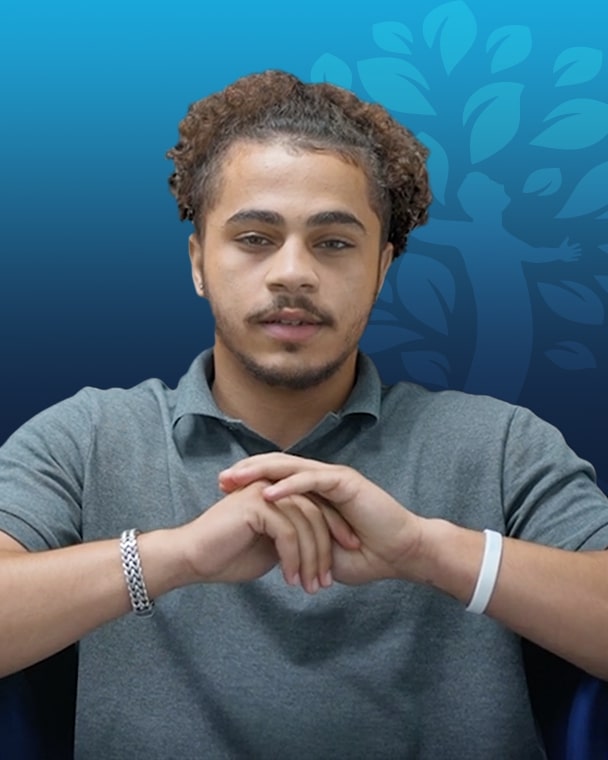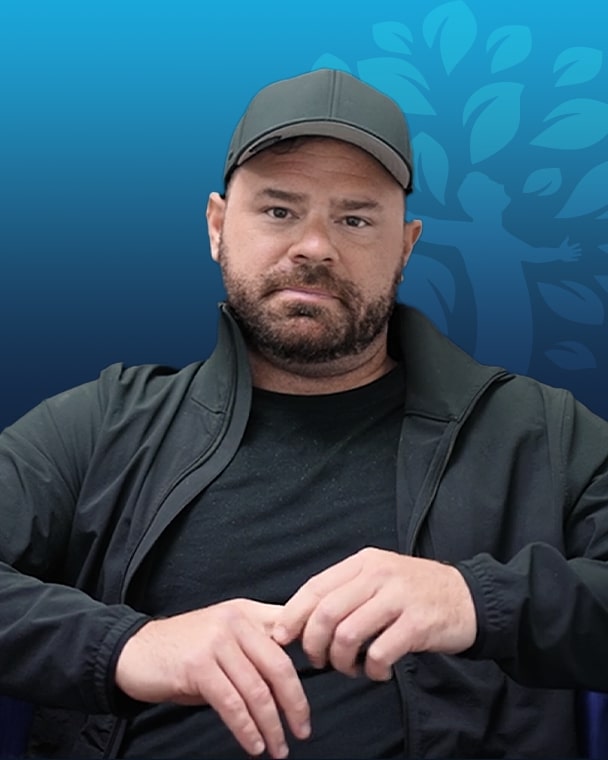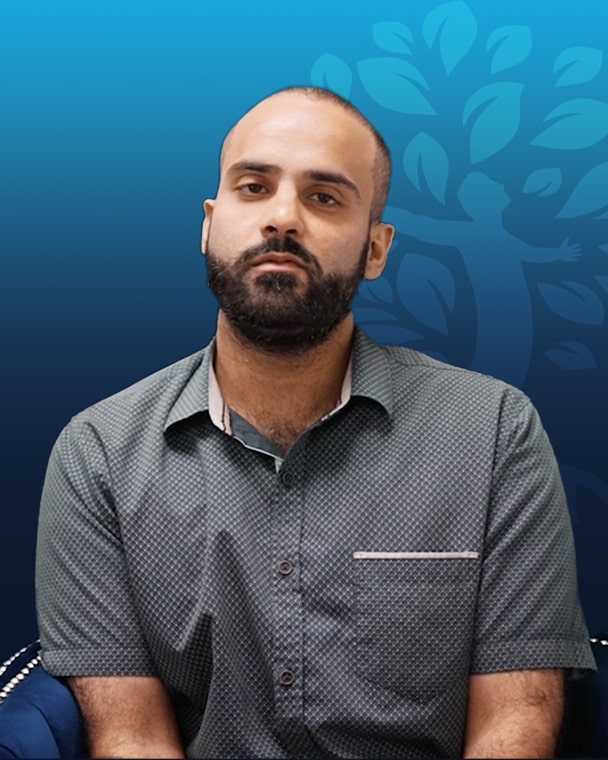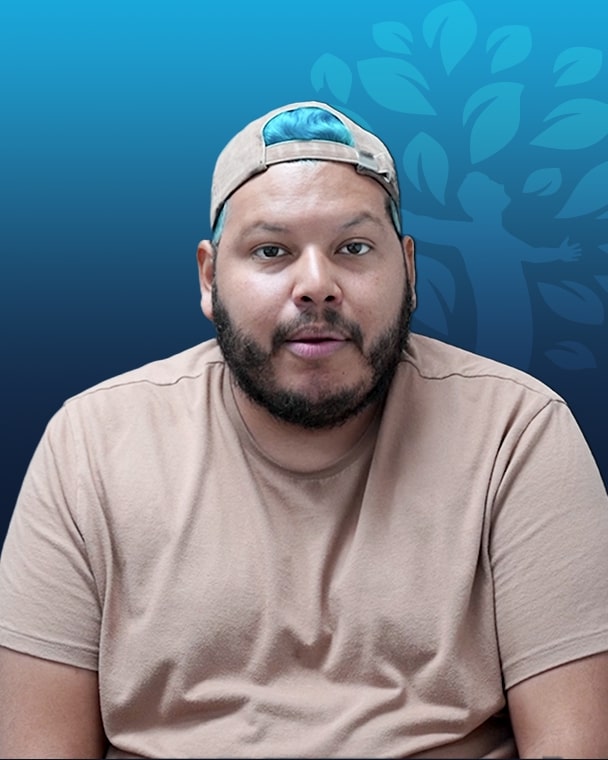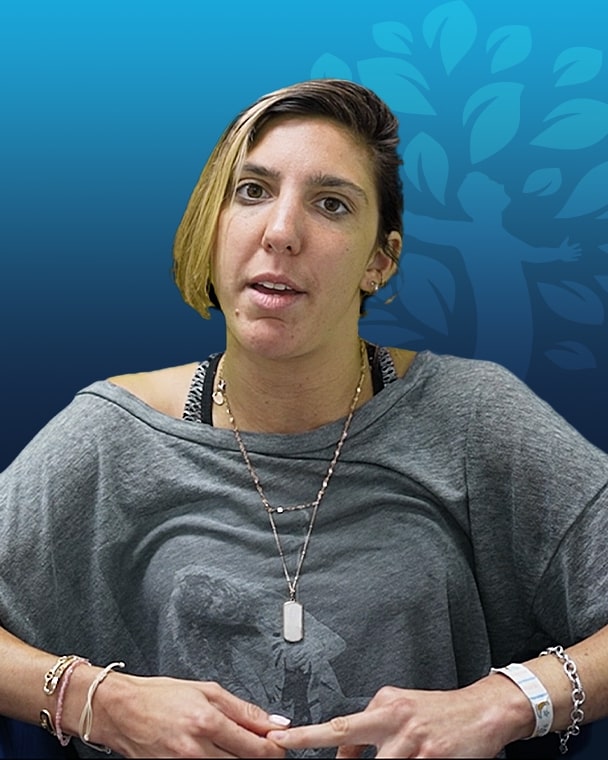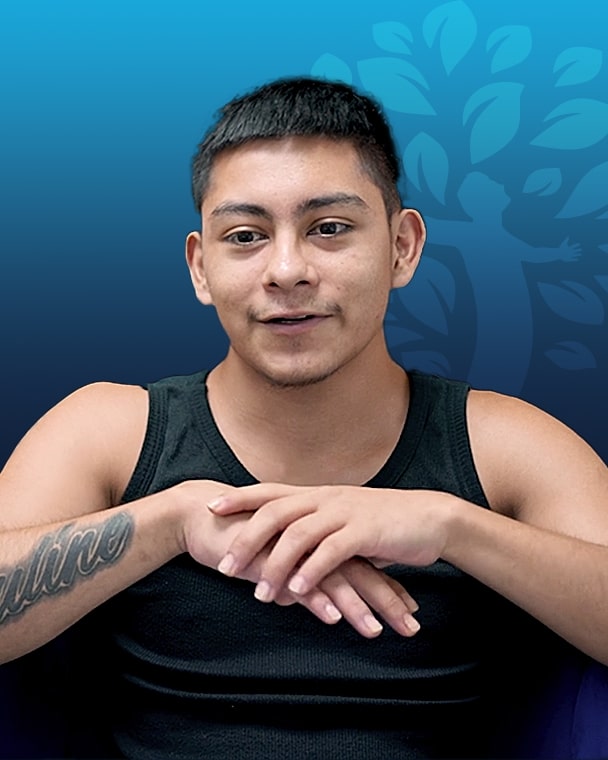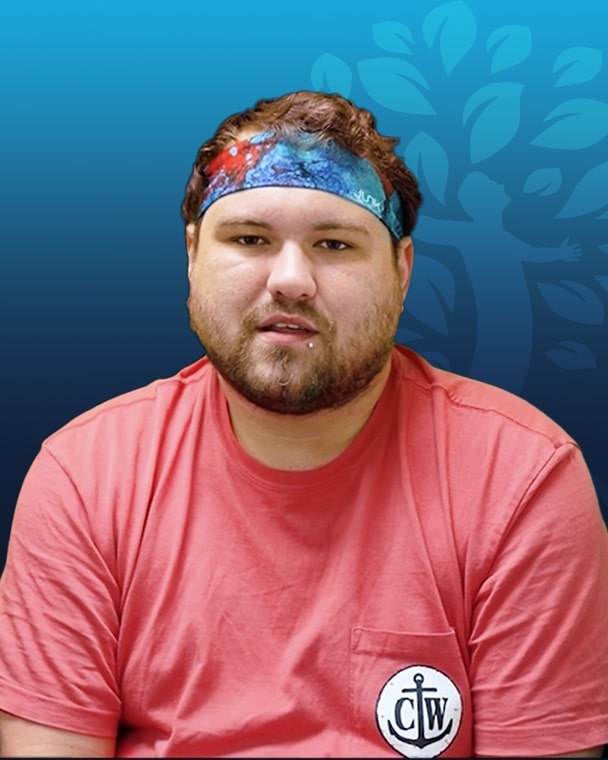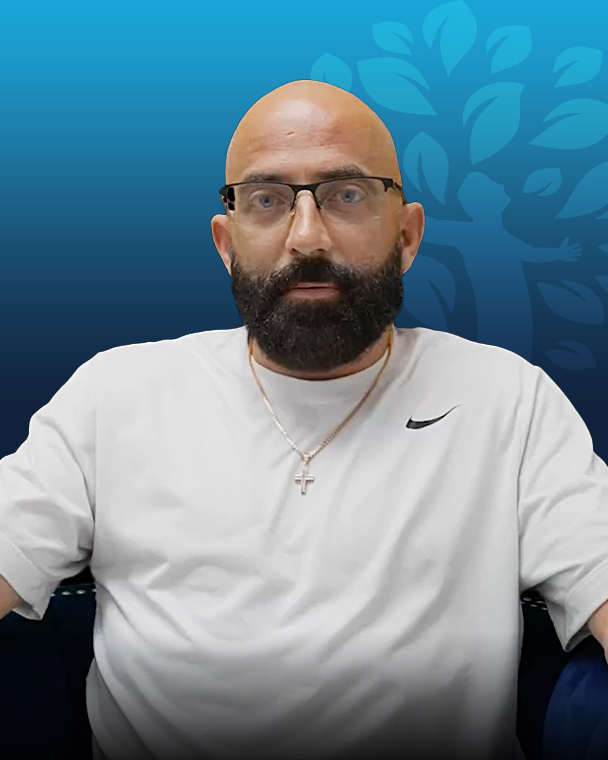
What is Rehab Like (Alcohol & Drugs) for Cocoa Beach, FL Residents
Alcohol and Drug Rehab for Cocoa Beach, FL Residents
Cocoa Beach, a laid-back surfing community that is home to the East Coast Surfing Hall of Fame, is a wonderful place to call home. Brevard County, where Cocoa Beach is situated, however, has a problem with drug abuse. Overdoses killed more than 1,000 people in the county in the year 2016, the fifth-highest rate for overdose deaths in Florida that year. Legacy Healing Center’s evidence-based rehab is in South Florida Whether you live in South Florida or elsewhere, this can be a beautiful, relaxing location to choose for rehab. Legacy Healing Center offers addiction treatment for Cocoa Beach residents suffering from drugs, alcohol or prescription medication addiction.
If you need rehab but are unfamiliar with how it actually works, you may hesitate to take the first step and make an appointment. To help make the process clearer, what follows is a description of what actually happens at rehab.
What does the average day look like while in rehab?
Addiction rehab is best performed on an inpatient basis. Treatment at residential facilities tends to be more comprehensive. Inpatient treatment is also the best option to accept when an addiction has run for years, when previous attempts at rehab have failed, and when addiction is complicated by co-occurring mental disorders such as depression or anxiety.
According to the National Institute on Drug Abuse, the most effective inpatient treatment programs run 90 days, even if patients don’t need to reside at these facilities for the length of the course. Usually, it is only the initial month that is spent living at rehab, a period that sees patients detoxify thoroughly, and begin to learn to live without drugs. The rest of the 90-day program is often conducted on an outpatient basis, with the patient living at home, but visiting rehab each day for treatment.
Life at rehab tends to be completely structured. Strictly defined programs tend to keep participants focused on the work that they need to do, and also have the incidental effect of keeping their minds away from the thought of returning to drug use.
Rehab usually begins bright and early each morning. A nurse administers any medications required, and then gives you a few minutes of private time to allow you to get ready for the day ahead. Calming activities such as yoga and meditation are common in the morning, as well.
Breakfast, which is served early each morning, is usually a communal experience. Eating together with other patients at the rehab helps build relationships. Following breakfast, it’s usually time for therapy.
CALL LEGACY HEALING CENTER 24/7 TO SPEAK WITH AN
INTAKE SPECIALIST. CALLS ARE COMPLETELY CONFIDENTIAL.
What type of therapy happens at rehab?
Group therapy is a common tool used in rehab. Humans possess a natural instinct to work in social groups. Attempting recovery as part of a group can come with powerful effects. When a patient is in a group of others attempting to get better, it can draw them into a culture of recovery. Being a part of a group of supportive individuals is also an excellent antidote to the isolation, depression, and guilt that accompany addiction.
Group therapy is led by skilled therapists who help harness the inherent powers that groups have in persuasion, support and stabilization. Group therapy helps produce positive peer pressure, creates healthy relationships among group members, helps members learn social skills, and encourages self-expression. The aim is to help create friendly, emotion-filled relationships among group members, that help them heal one another. Group therapy comes with the following other benefits:
- In group therapy, each patient has a chance to observe the amount of effort that others put into getting better, find out what success actually looks like, and mentally prepare to put in similar amounts of effort, themselves. An opportunity to witness success in person has the power to inspire.
- Group members are able to talk to one another about how they handle the relationship problems that addiction brings into their lives, and guide one another in the intricacies of social life.
- Group members learn from one another how to avoid triggers, how important different methods such as abstinence are, and how to self-identify as someone attempting recovery. Self-identification is an important part of recovery from addiction.
- Group members receive feedback from other members about distorted ideas that they may have of themselves, something that is common among those struggling with addiction. Repeated feedback from multiple group members about faulty self-perceptions can work far more effectively than feedback from a single therapist.
One-on-one therapy
One-on-one therapy, in essence, provides an individual therapist to each patient for the duration of a treatment session. Both psychoanalysis and cognitive-behavioral therapy are common forms of one-on-one therapy.
When an individual battles substance abuse disorder, destructive, negative thought patterns are usually a part of the problem. The guilt, shame, low self-esteem and pain brought on by these negative thought patterns are often responsible for driving people to substance abuse. As an example, when a person makes a mistake, they may have negative thought patterns that make them blame themselves in an excessively harsh way.
In cognitive-behavioral therapy, the therapist works with each patient to help identify harmful thought patterns and to train them in alternative, positive ways of thinking. For instance, they may show them proof of how their actions in other areas prove that they are intelligent and capable. Cognitive-behavioral therapy is a powerful and effective way in which to recognize automatic negative thoughts, cognitive distortions, and emotional reasoning, and to overcome them as a way to a healthier mental life in which turning to substance abuse becomes unnecessary.
Sober-friendly attractions near Cocoa Beach
Cocoa Beach can be a wonderful choice of destination for addiction rehab. Few things can rebuild faith in life as can the beautiful, lush surroundings and perfect vistas of Cocoa Beach. Visit Lori Wilson Park for the wonderful, golden sands and a nature trail lined with oak and palmetto. Visit Cocoa Beach to learn how to surf in shallow water in strong, yet manageable waves. Have a wonderful meal of seafood at Fat Kahuna’s Beach Side Grille, with a great view of the ocean, or take a Segway tour at Space Coast Segway Tours. There is no end of wonderful things to do in Cocoa Beach, all of which can feel captivating when you know that you’re getting better.
CALL LEGACY HEALING CENTER 24/7 TO SPEAK WITH AN
INTAKE SPECIALIST. CALLS ARE COMPLETELY CONFIDENTIAL.
Article content
- Alcohol and Drug Rehab for Cocoa Beach, FL Residents
- What does the average day look like while in rehab?
- CALL LEGACY HEALING CENTER 24/7 TO SPEAK WITH AN INTAKE SPECIALIST. CALLS ARE COMPLETELY CONFIDENTIAL.
- What type of therapy happens at rehab?
- One-on-one therapy
- Sober-friendly attractions near Cocoa Beach
- CALL LEGACY HEALING CENTER 24/7 TO SPEAK WITH AN INTAKE SPECIALIST. CALLS ARE COMPLETELY CONFIDENTIAL.


Legacy Healing Center testimonials
Real People. Real experiences



Legacy Healing Center testimonials
What Our Alumni Has to Say
Absolutely beautiful! Staff is so caring and welcoming. Highly recommend to anyone who is struggling and looking to heal. This is the place for you!
Jacqueline C.
Honestly, it's not what you imagine when thinking "detox." Legacy made my experience so comfortable from beds, food, staff and such a clean facility. Besides all that they literally gave me life back. Forever thankful.
Avi S.
GET IN TOUCH
Contact Us
If you would like to get in touch with us or simply have any questions or comments, please call us today. Our helpline if 100% confidential.
Call Us
Email Us
Visit Us
1425 WEST CYPRESS CREEK ROAD, SUITE 201FORT LAUDERDALE, FL 33309
